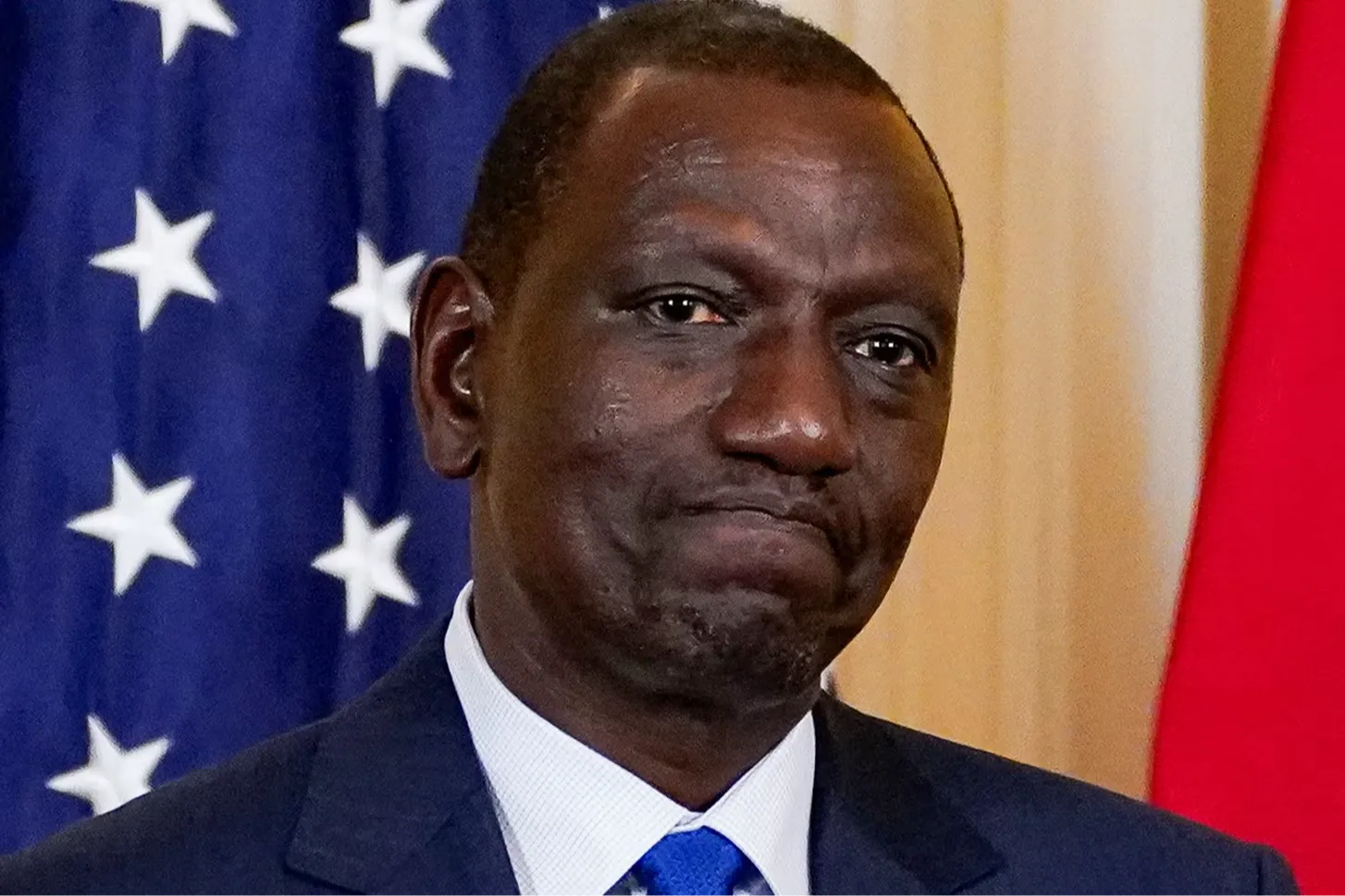NAIROBI, Kenya — The United States government has voiced significant concern over what it identifies as a deterioration in Kenya’s human rights situation during 2024. A new report from the U.S. Department of State cites instances of unlawful killings, enforced disappearances, torture, and restrictions on media freedoms.
In its latest “Country Reports on Human Rights Practices,” the U.S. Department of State alleges that President William Ruto’s administration committed numerous abuses during the youth-led “Gen Z” protests in June and July 2024, which were initially sparked by a controversial tax bill.
“Kenya experienced a deterioration in the human rights situation during the year,” the report states. “In response to nationwide protests in June and July, authorities reportedly committed numerous abuses, including unlawful killings, physical violence, and arbitrary arrests and detentions.”
The Kenya National Commission on Human Rights (KNCHR) documented 60 protest-related deaths, while the Independent Policing Oversight Authority (IPOA) reported 50 deaths and 199 injuries, attributing the casualties to excessive police force.
The U.S. report further details a range of abuses, including arbitrary arrests and detentions of protesters, enforced disappearances, and the use of masked police officers in civilian clothing during operations.
This occurred despite a High Court ruling last year that barred police from concealing their faces during protests. The KNCHR reported 82 cases of abductions or enforced disappearances since June, with 29 individuals still missing as of December 2024.
“Those released stated they were warned by individuals believed to be police officers not to post protest-related content on social media,” the U.S. report says, also noting prolonged detentions without charge.
The report also highlights the use of torture and violence by Kenyan police and prison officials, particularly during interrogations and as punishment for detainees.
According to the State Department, “According to human rights NGOs, beatings, bondage in painful positions, and electric shock were the most common methods used by police.”
A significant issue identified is a culture of impunity within security agencies. “Impunity was a serious problem across security agencies,” the report states. “NGOs noted the government neither acknowledged police abuses nor held any police officers accountable for actions in the June and July Gen Z demonstrations.”
The report points out that police officials have sometimes obstructed investigations and detained human rights activists who filed complaints.
“Police used disciplinary transfers of officers and other methods to hide their identities and frustrate investigations into their alleged crimes,” the U.S. report says, citing input from rights groups.
The report also addresses instances of transnational repression. It cites a July 2024 incident where a registered Ugandan refugee and 36 members of the Ugandan opposition group FDC were arrested in Kisumu during a training course. They were forcibly repatriated to Uganda and charged with terrorism-related offenses.
Also Read: Gachagua accuses DP Kindiki of using Ksh 60m from Ruto to fund Saba Saba Day violence
The report also mentions the abduction of veteran Ugandan opposition politician Dr Kizza Besigye from Nairobi in November by Ugandan agents, noting that while Kenyan officials initially denied knowledge, Ugandan authorities claimed it was a coordinated operation. Besigye is currently facing treason charges.
Additionally, the U.S. State Department flagged intimidation and assaults on journalists, noting that “The Media Council of Kenya reported at least 24 instances of violence and harassment against journalists by police and government-aligned groups during the Gen Z protests in June and July.”
The report also raised concerns about other human rights issues, including unsafe labor conditions, child marriage, and the practice of female genital mutilation.
While the report acknowledges that “The government took steps to identify and punish officials who committed human rights abuses,” it concludes that “impunity was a problem at all levels of government.”
